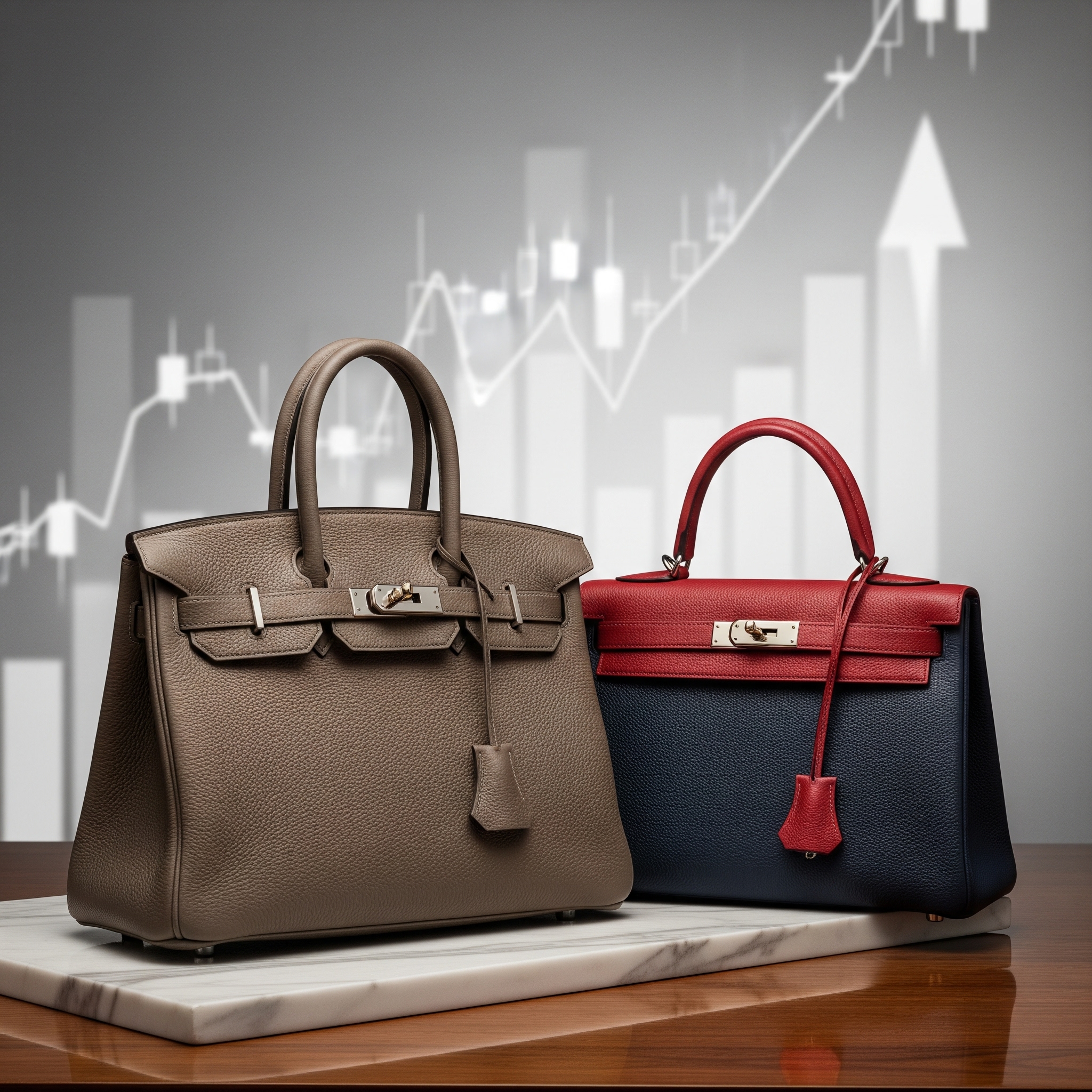Perfume is not just an accessory but a part of human history that has been with us for thousands of years. Perfume has been used for a range of purposes, from religious rituals to personal adornment, and has evolved over time to become a multi-billion dollar industry that continues to innovate and grow. In this article, we’ll delve into the rich and fascinating history of perfume, exploring how it’s changed and evolved over time and how it has been used by different cultures and societies.
Ancient Egypt
The use of perfume dates back to ancient Egypt, where it was used in religious ceremonies and for personal hygiene. The Egyptians believed that perfume had magical powers and was a gift from the gods. They used a variety of natural ingredients, such as myrrh, frankincense, and cinnamon, to create fragrances that were highly prized.
Perfume was an important part of ancient Egyptian society and was used by both men and women. The use of perfume was not just limited to the upper classes but was also used by common people. In fact, it was so important that the Egyptians even included perfume in their burial rituals, believing that it would help the dead in their journey to the afterlife.
Greece and Rome
Perfume was also popular in ancient Greece and Rome. The Greeks believed that perfume had therapeutic properties and used it in medicine. The Romans, on the other hand, used perfume to mask unpleasant odors and to scent their homes and clothing.
Perfume was an important part of daily life in ancient Rome, and people would often apply it several times a day. The Romans would also use perfume to ward off evil spirits and to protect themselves from disease.
The Middle Ages
During the Middle Ages, perfume was used primarily by the wealthy and the clergy. It was seen as a luxury item and was often used as a status symbol. Perfume was made using flowers, herbs, and spices, and was often stored in decorative bottles.
Perfume was also used during this time for medicinal purposes, and it was believed to have healing properties. In fact, some of the ingredients used in medieval perfumes are still used in modern medicine.
The Renaissance
The Renaissance saw a resurgence in the popularity of perfume. Perfume was used by both men and women and was seen as an important part of personal grooming. Perfumers began to experiment with new ingredients and techniques, creating complex fragrances that were highly sought after.
Perfume was also used during this time to mask unpleasant odors, as bathing was not as common as it is today. In fact, people would often carry a pomander, which was a small container filled with perfumed substances that they would use to mask bad smells.
The Industrial Revolution
The Industrial Revolution brought about significant changes in the perfume industry. Perfume could now be mass-produced, making it more affordable and accessible to the general public. Synthetic fragrances were also developed, allowing perfumers to create new scents that were not possible with natural ingredients.
Perfume became more of a commodity during this time, and it was no longer just the wealthy who could afford it. The perfume industry grew rapidly, and new fragrances were introduced to the market at a much faster pace than before.
Modern Times
Today, perfume is a multi-billion dollar industry that continues to evolve and innovate. Perfumers use a wide range of ingredients, both natural and synthetic, to create unique and complex fragrances. Perfume is now used for a variety of purposes, from personal grooming to home fragrance.
Perfume has become more accessible than ever before, with a range of fragrances available at different price points. The industry continues to grow, with new fragrances being introduced every year.
Conclusion
The history of perfume is a reflection of human culture and society throughout the ages. From ancient Egypt to modern times, perfume has played an important role in our lives, both as a luxury item and as a tool for personal expression. It’s fascinating to see how perfume has evolved over time, and it will be interesting to see where it goes in the future.



